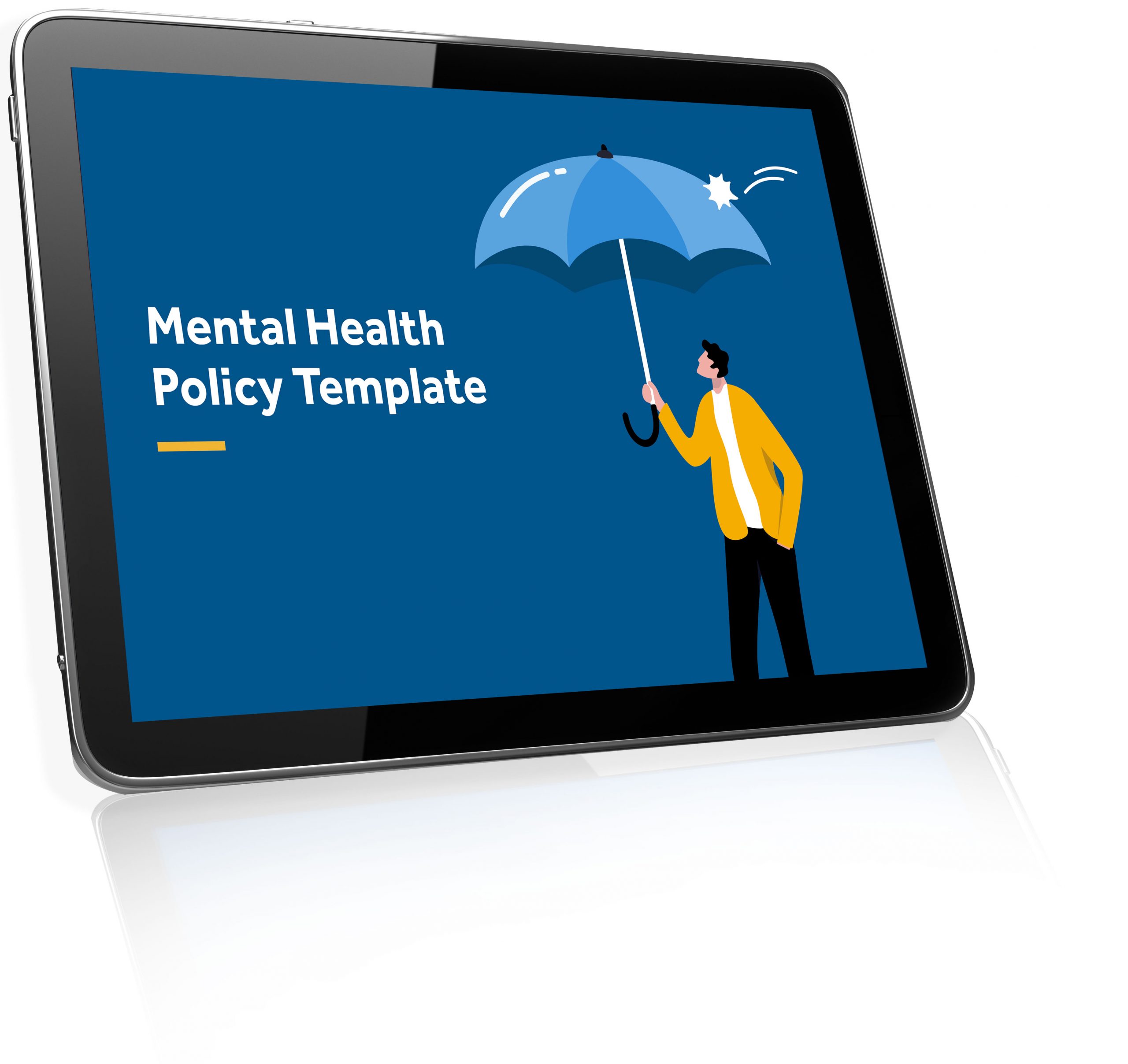
A mental health care plan is a support plan for someone experiencing mental health issues and challenges. A mental health care plan can make a significant difference for anyone looking to achieve better mental health.
What is a mental health care plan?
A mental health care plan or a mental health treatment plan is for people suffering from mental health disorders. Your doctor can write a plan for you. This plan is basically tailored for you, it identifies what type of health care you need, and discusses what you hope to achieve in conjunction with health professionals. It may also refer you to local mental health services.
Who should consider a mental health care plan?
Anyone who has a mental health disorder or problem that lasts longer than six months and needs a mental health professional will benefit from a care plan
If you are in need of ongoing care and support for mental illness
Anyone who feels they will benefit from accessing support services
You can consult a qualified medical professional and come up with a mental health care plan that works for you. The medical professional could be a psychologist, occupational therapist, social worker, psychiatrist, or therapist depending on your needs and care plan.
Benefits of a mental health care plan
Increase your treatment options and give you an opportunity to understand the care and support you need
Lead to good mental health and improve your mental health condition
Give you a way to monitor your progress and adopt effective mental health practices
Provide life-saving information and tips for mental wellbeing
Allow you to lead the best life possible and grow mentally and emotionally
Why do businesses need a mental health care plan?
Our modern working environment can unfortunately, present many psychological hazards. Depending on how employers handle these hazards, these psychological threats can massively impact the mental health of workers. The hazards can potentially cause the worker to suffer a psychological injury or exacerbate a pre-existing condition.
Hazards in the workplace can include:
The physical workplace environment
The nature and complexity of the work itself
Work procedures
Behaviour of workers towards one another
The structure of the business
The potential exposure to violent or traumatic events can be a trigger for stress
The introduction of work restrictions that are beyond the control of the business
Any business must do its best to commit to supporting the overall mental wellbeing of its workers. This means ensuring that the risk of psychological and/or psychosocial injuries in the workplace are eliminated as far as is practical and that these are effectively and proactively managed through a risk management approach.
In this blog, we will be looking at the 5 essentials of a robust mental health plan and why they are so important to implement for your business.
Why Is a Robust Mental Health Plan Important?
Being able to cope with a workload, feeling confident and valued in their role, and getting along with their colleagues, are key attributes to a healthy workplace.
If we look at statistics, we can see that workplace mental health compensation claims are associated with above-average absenteeism and higher than average compensation claim costs than other types of claims. There were 120,355 serious workers’ compensation claims in 2019-2020 according to SafeWork Australia report and 31% of those claims were for illness and diseases- and of these, mental health conditions were the most common. A further survey conducted by SafeWork Australia found out that employees suffering from mental illness were more likely to return to reduced hours and duties. The Productivity Commission estimates mental illness and suicide costs the Australian economy anywhere between $200-$220 billion a year. Good mental health of your employees thus translates into improved productivity, increased focus, and engaged staff. Clearly, businesses need to have mental health care plans for their staff and the company in place.
What are the 5 Essentials Of A Robust Mental Health Plan?
Identify Mental Health Risks
Identify the psychological triggers in your workplace, inspect the workplace in action on a normal day, is there anything you specifically notice? Observe how workers interact with each other/customers/equipment and see if you can spot issues yourself, and importantly ask managers and staff to observe too. This might feel odd at first but seeing how staff interact with their workplace is crucial in keeping staff content in the workplace. Using anonymous surveys is an excellent way to get feedback on employee issues and satisfaction. If you have reports or reviews in your business, these are also a great way to monitor staff mental health.
Assess Mental Health Risks
Initiate a formal process for the assessment of mental health risks. Like other health and safety risk assessments, write down all the risks to mental health in your workplace. Is it the pressure of a high workload that never ends? Are the rapidly changing deadlines a problem? Is it ‘banter’ between employees? A high volume of customer complaints? Lack of breaks? Mental health stresses can be subtle and individual so be sure to take your time with assessing the risks. Perform a risk assessment that can be a written record in your business, so managers are aware of the triggers and can help staff cope. Having this written document will help you manage your plan effectively.
Control The Mental Health Risks
Of course, it’s not always possible to prevent constantly changing deadlines, negative customers, workplace banter, or high work volumes! So how do you manage these risks to mental health? Planning and prevention is key. When you know what the mental health hazards are, (from that all-important written risk assessment) you can start the journey to prevent these risks. Controlling these mental health triggers may always be a work in progress, as risks change and fluctuate constantly and as the business and workplace evolve.
Review Your Practices
Monitor and review your risk assessment regularly. Be honest and encourage your employees to be honest.
Open Dialogue
An open dialogue is fundamental to a robust mental health plan. Open discussion between employers, staff, and managers is crucial in identifying risks, assessing risks, controlling risks, and reviewing risks. Staff need to feel they can highlight issues, (they as individuals) without being seen differently (as perhaps problem maker or a negative colleague etc). This open dialogue will be your greatest tool in identifying risk, assessing risk, and putting into place control measures to manage employee stresses.
In summary, consider that the most common reasons for workplace mental health issues are work pressure, work-related harassment, and bullying. Identify, assess, control, and review your mental health hazards and use open dialogue in your business to facilitate this.
If you need HR support as a business owner, we at Employsure offer a tailored service where we can assist you in building a robust mental health plan. We also offer free initial advice so get in touch with us to see how we can help your business grow.

October is National Mental Health Month
Did you know that October is National Mental Health Month? An initiative of the Mental Health Foundation Australia, this month is an opportunity to advocate and raise awareness about mental health needs and challenges. It is also a time for businesses to understand that mental health is as important as physical health. With one in five Australians experiencing mental health illness, it is high time we shift our focus towards better mental health.
This document is intended to act as general information. For specific medical advice, tips or guidance, please consult qualified medical health professionals or access medical services.
